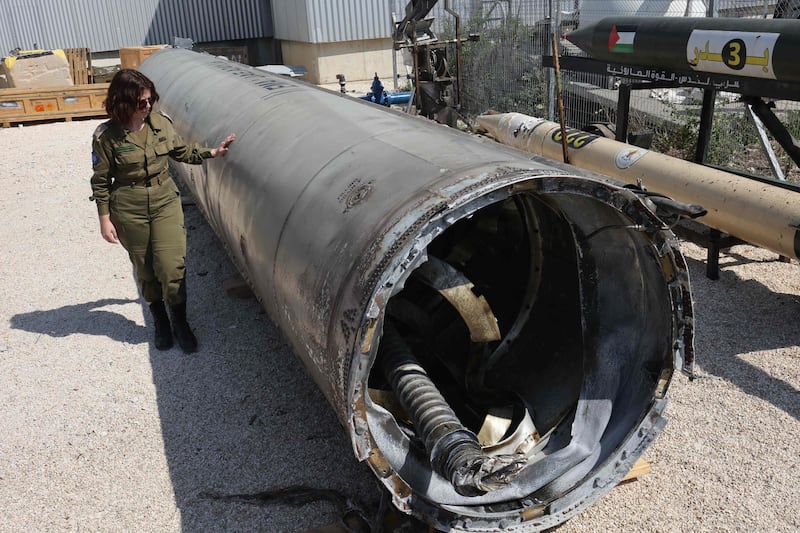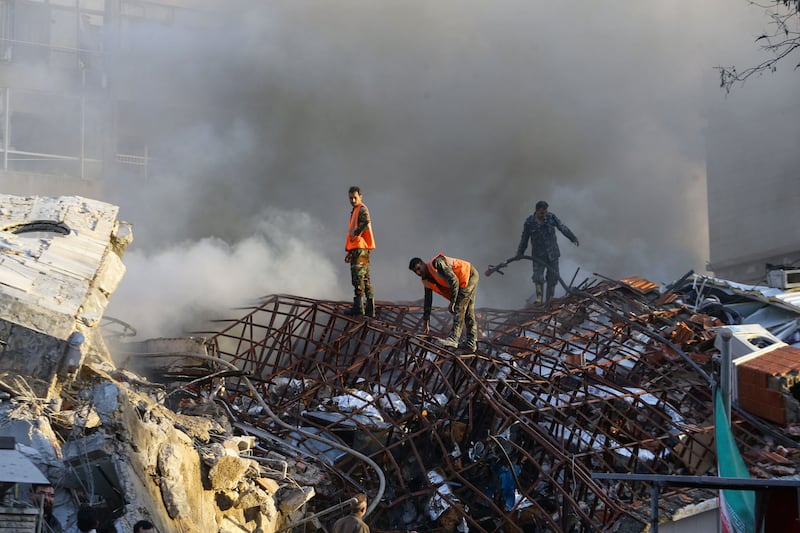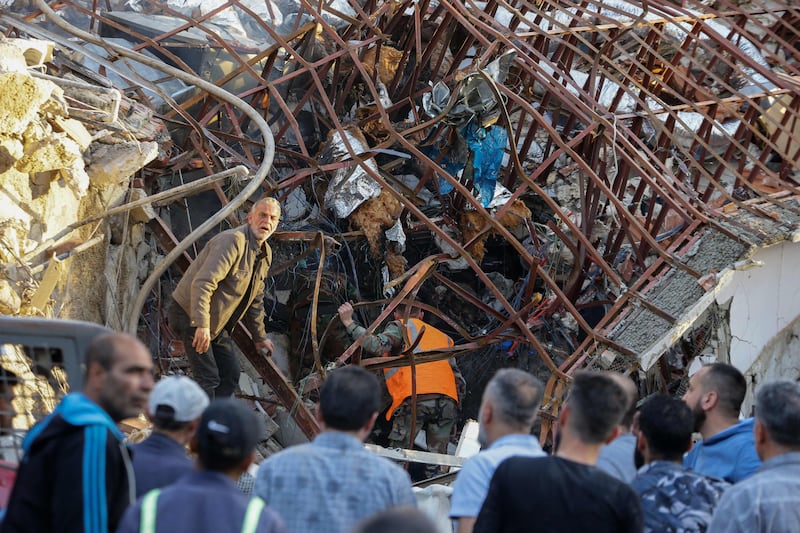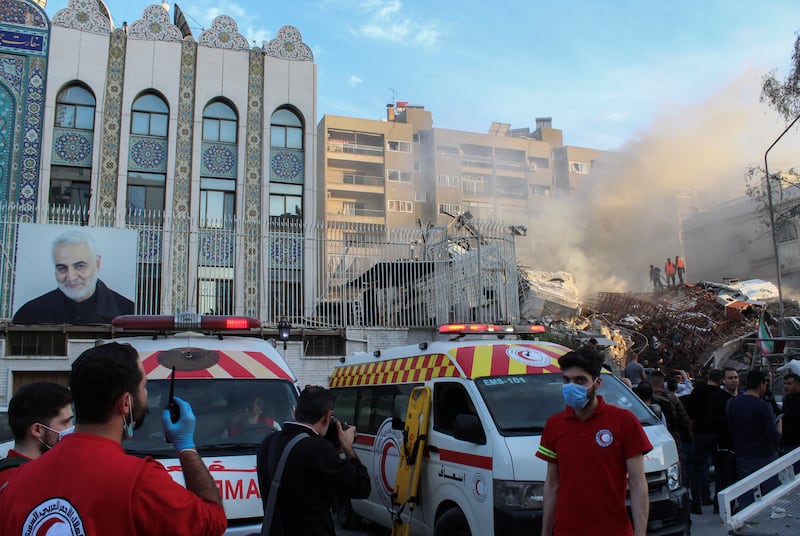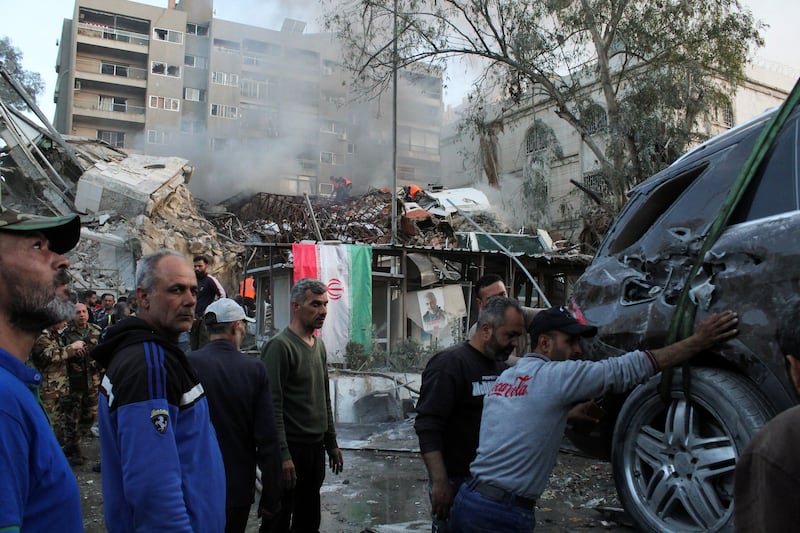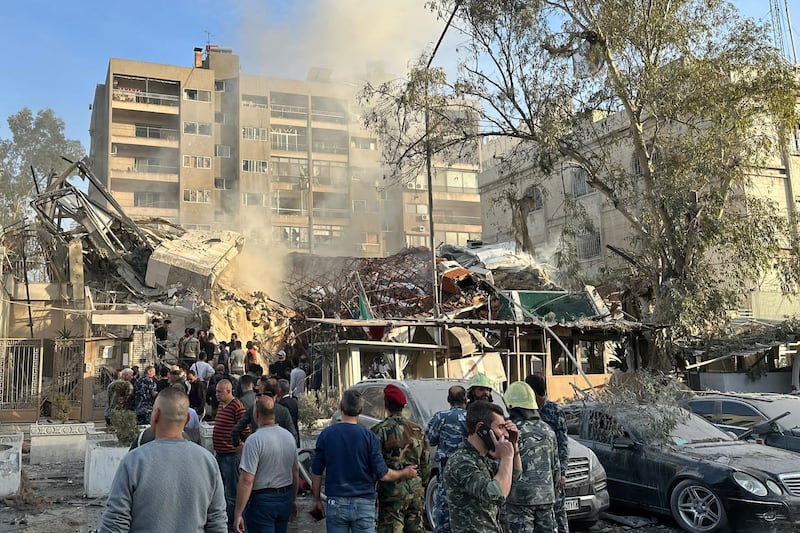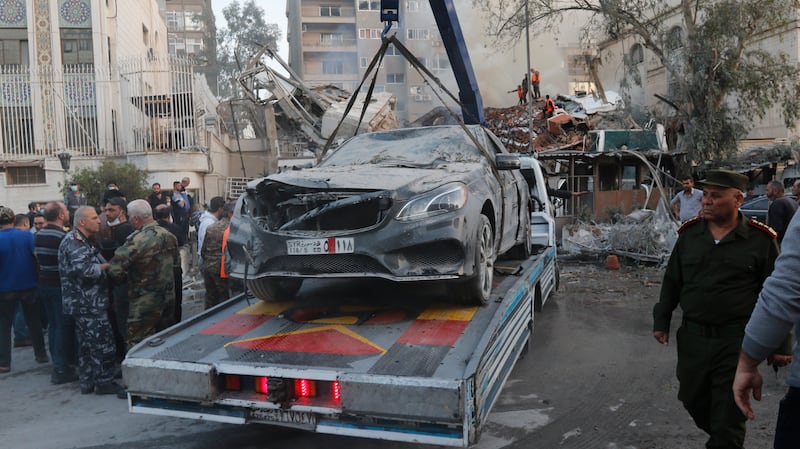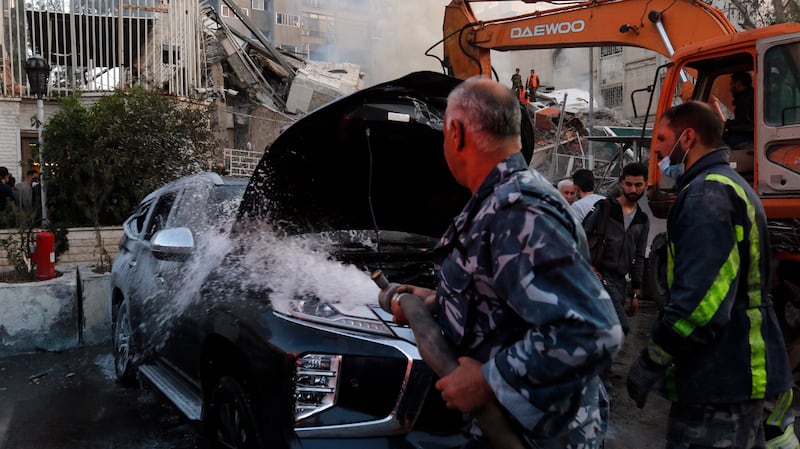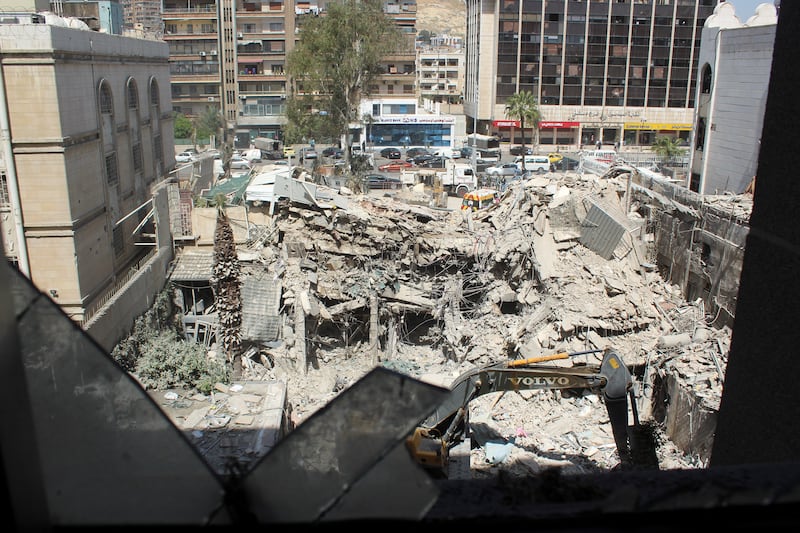Recent attacks by Iran and Israel could amount to international crimes of aggression, UN experts said on Tuesday.
“These retaliatory strikes violate state sovereignty and represent a dangerous escalation of conflict in a region already on a knife-edge,” they said.
“Both strikes may also constitute the international crime of aggression by civilian and military leaders responsible.”
The independent experts said Israel broke international law with its attack on an Iranian diplomatic building in Damascus on April 1, while Iran’s retaliatory strikes on Saturday were a “prohibited use of force under international law”.
Israel’s operation may have been serious enough to qualify as an “armed attack” on Iran, since its targets were senior military commanders on a diplomatic premises, the experts said.
They pointed out that illegal force was used not only against Iran’s armed forces but also against Syrian territory.
“Israel’s attack was partly launched from the Golan Heights, which is illegally annexed Syrian territory,” they said.
Israeli military spokesman Rear Admiral Daniel Hagari said on Tuesday that Tehran would not get off “scot-free” after Iran and allied militias launched a barrage of more than 300 missiles, drones and rockets at Israel at the weekend.
Israel vows to respond to Iran's missile and drone attack – video
Israel vows to respond to Iran's missile and drone attack

“We cannot stand still from this kind of aggression,” Admiral Hagari said, vowing there would “a response” to Iran's offensive.
Iran claimed its attack was an act of self-defence and that it would deem the matter “concluded” unless Israel retaliates.
The experts noted, however, that Iran had no right to claim self-defence for its attack on Saturday as Israel’s attack had concluded on April 1.
“Self-defence is only lawful where is it necessary to stop a continuing armed attack. Forcible retaliation, punishment or deterrence are illegal,” they said.
They also noted that Israel's initial right to self-defence in response to Iran's assault at the weekend no longer applies, as the attack has been “successfully repelled”.
The timing and target of possible Israeli retaliation uncertain, as does whether Israel would attack Iran directly or its allies in Lebanon, Syria, Iraq or Yemen.
Iran's President Ebrahim Raisi said that “the slightest action against Iran's interests will definitely be met with a severe, extensive and painful response”.
The experts urged the UN Security Council to uphold its duty to address the actions of any state that pose a threat to international peace and security.
